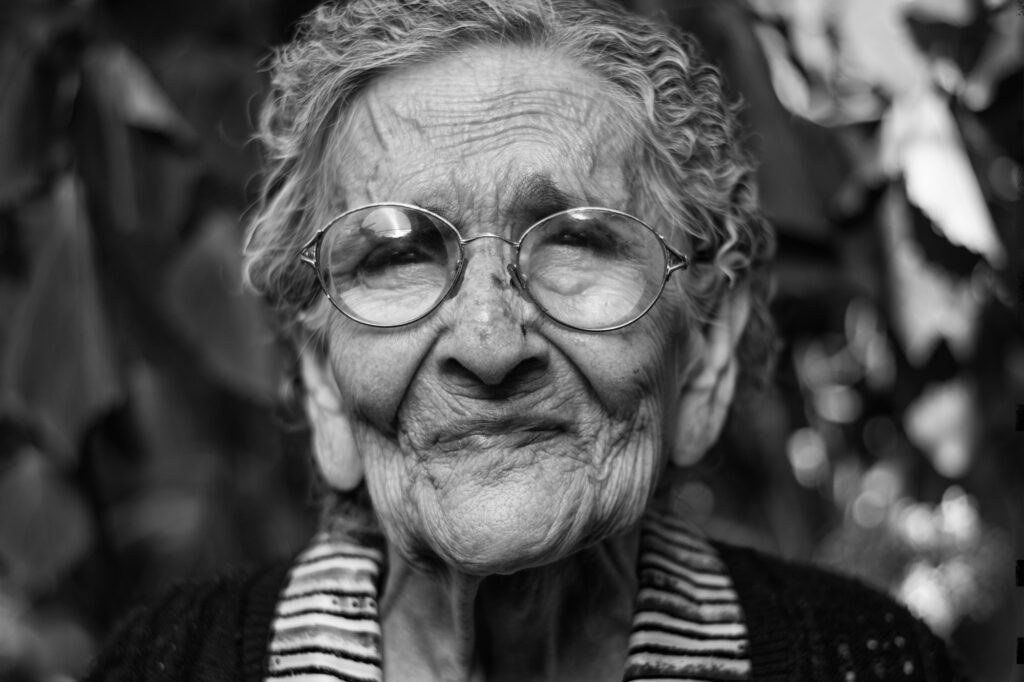It can be hard to deal with someone who has been diagnosed with Alzheimer’s disease. It’s a debilitating disease that robs the victims of their normal brain abilities. They lose words, pictures, memories, and people from their slowly deteriorating mind. In the early stages of Alzheimer’s, the patient feels helpless and frustrated from the knowledge that they are undergoing this change. Later on, however, it’s the care-giver who deals with the brunt of the frustration of caring for someone with extreme helplessness. As a caregiver, there are better ways to understand and care for a relative with Alzheimer’s, no matter what the stage of the illness. Here are a few of the recommended techniques as frequently talked about by those who’ve undergone the process before.
Using Humor to Soften the Impact
A famous phrase in the world of improve comedy is to use “Yes, and?” This is the principle that many caregivers are using with their relatives. Alzheimer’s patients can be disoriented and confused. They can see or say some bizarre things, and it can be frustrating for both the caregiver and the patient if there is no communication. By playing along and agreeing with the patient, the caregiver can inject humor into the situation and both parties can have some fun despite the circumstances of the disease.
Dealing with the Disease, Not the Person
Alzheimer’s disease patients often have behavioral changes that can affect their relationships and daily routines. Caregivers must understand that these are not the result of the patient, but rather the disease that causes these changes. It causes a loss of words, increased rummaging, outbursts of anger, aggressive hitting, or wandering away from home. It’s important to remember that this is the result of a loss of brain cells, not a willful change in the person.
Maintaining Simple Routines for Patients with Alzheimer’s Disease
As the brain begins to shrink and deteriorate, simple routines and patterns aid with the new transition. The caregiver can begin to offer fewer choices and begin to make more decisions on behalf of the patient. They can ask yes or no questions rather than asking opinions. Maintaining a daily routine helps patients feel some semblance of stability in their life. Restlessness is a big symptom of Alzheimer’s, so it helps to have a constant routine.
Understanding the Limits
As the disease progresses, there are limits to what the caregiver can do and the patient as well. It could be soon time to consider places for advanced care. Knowing these limits ahead of time and preparing for them helps the caregiver with their own loss of loved ones. By understanding their limitations in providing a nurturing home, they can avoid any fallout between family members or friends.
Although it’s never easy, it’s reassuring to know that even though someone is going through Alzheimer’s disease, there are people all across the world who have dealt with it before. Understanding their successes is the first step to getting through this difficult time with kindness and understanding.
For more information on how HealthStar Home Health can help you and your loved one cope with Alzheimer’s disease, please call 888-689-3391.

